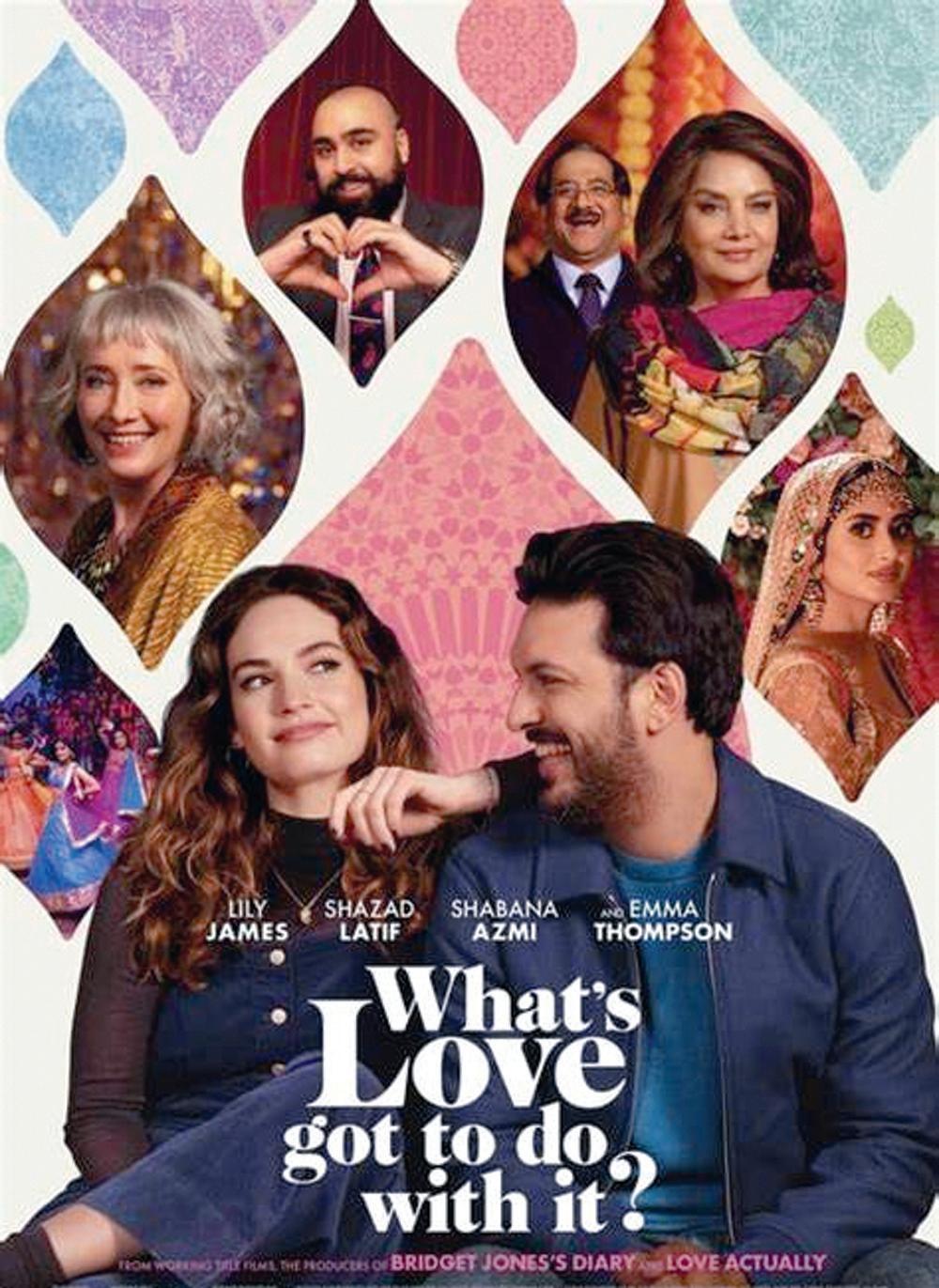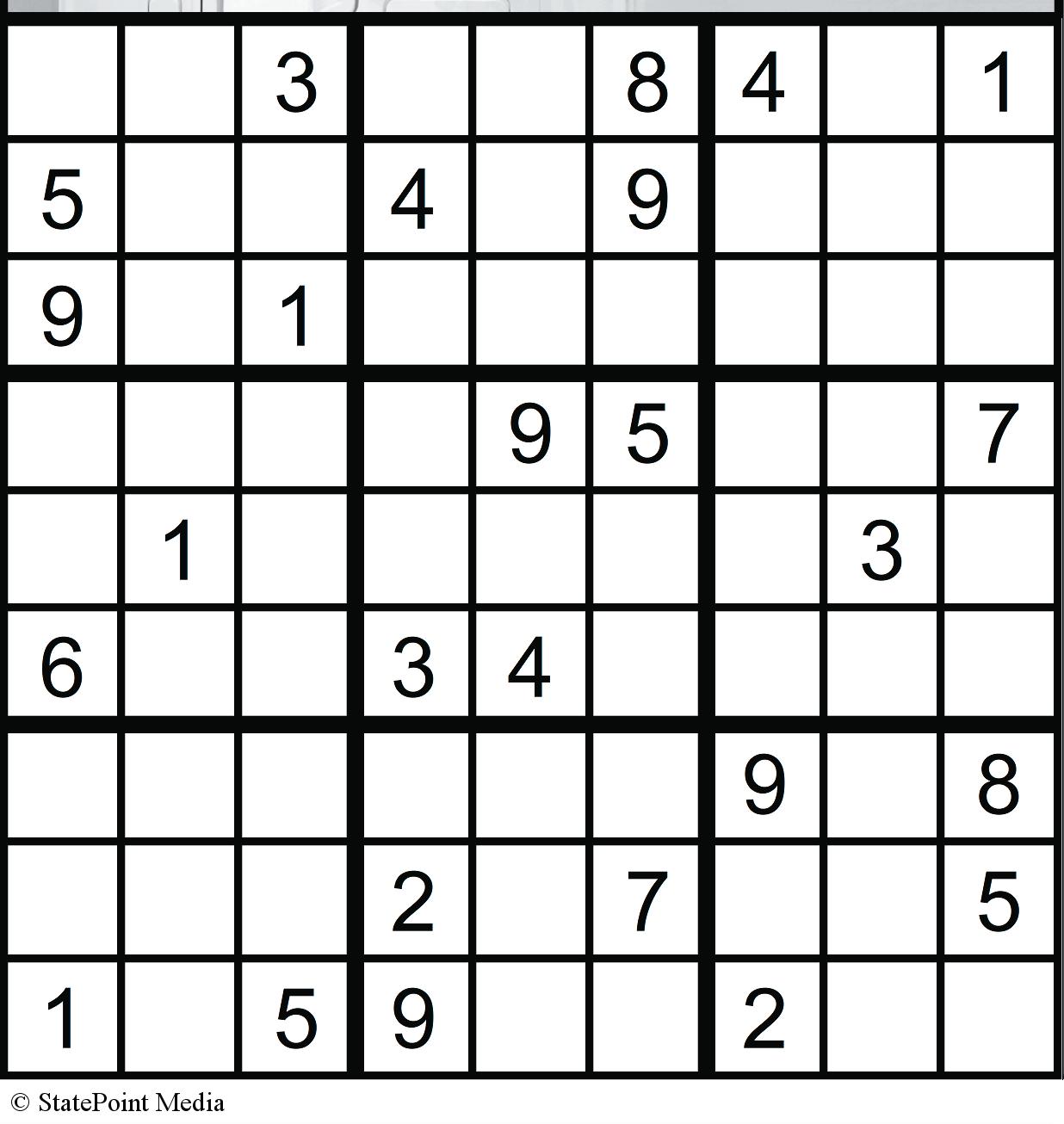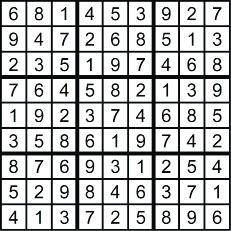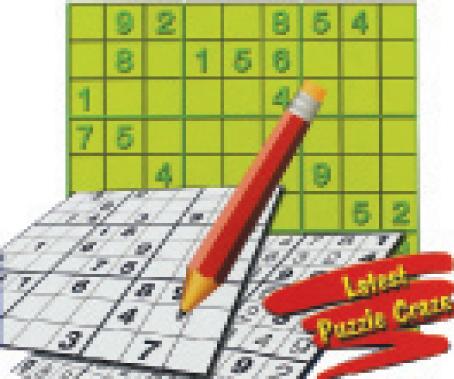
4 minute read
Shekhar Kapur’s ‘What’s Love Got to Do with It?’
by nell mInow
“Number 47 and Number 49. A continent between them.” Twice in “What’s Love Got to Do With It?” Kazim Kahn (Shazad Latif) tells his lifelong friend Zoe Stevenson (Lily James) that even though they grew up next door, sharing a treehouse—and a first kiss—the Muslim Pakistani-British and white British worlds are very far apart. That is never clearer than when Kaz tells Zoe he is engaged but does not know yet to whom.
What he means is that he has agreed to the Pakistani custom of “assisted marriage.” It is no longer called “arranged marriage” because it is a hybrid. Kaz’s parents did not meet until the wedding. But in today’s more modern version, the parents are very much involved but the couple does get a chance to spend some time together to determine their compatibility before the ceremony.
Zoe is surprised that her old friend is not hoping for what his culture calls a “love marriage.” She certainly has no interest in the handsome, kind, funny young veterinarian her mother (Emma Thompson, having a blast) wants her to marry. Yet, Zoe has her own conflicts around love, with a history of relationships so short-lived none of them qualifies as likely to stick around long enough to watch an entire TV series together. When she tells fairy tales to her nieces, she switches the ending. In her version, Cinderella breaks glass ceilings instead of losing a glass slipper. And the princess would rather have a cool talking frog than a boring old prince.
Zoe is an accomplished documentary filmmaker (although it’s hard to imagine her making a professional film with one small camera, doing all of her own filming, sound, and editing). Producers have no interest in her proposals for films about tragic topics. She impulsively suggests a documentary about her friend’s progress in finding a bride. The producers perk up and suggest titles like “When Harry Was Forced to Meet Sally” or “My Big Fat Arranged Marriage.” Zoe has a better idea: “Love Contractually.” Kaz reluctantly agrees, and Zoe starts following him with her camera to a meeting with the jovial matchmaker to an awkward mixer to a “love at first Skype” meeting with Maymouna (Sajal Ali), a bride prospect in Lahore, a shy law student, and then to their wedding.
The movie comes from Working Title Films, the studio behind classic rom-coms like “Love Actually,” “Notting Hill,” and “Four Weddings and a Funeral,” and it acknowledges, pays tribute to, and steals a bit from those and some Hollywood favorites as well. Zoe tells the producers she plans to interview couples for context and commentary like the ones in “When Harry Met Sally.” As in that film, those moments are some of the most memorable. This one has familiar beats but appealing performers, better dialogue, and more depth of character than many more formulaic movie romances.
It also benefits from the authenticity brought to the story by director
Place a number in the empty boxes in such a way that each row across, each column down and each 9-box square contains all of the numbers from one to nine.



Shekhar Kapur and first-time screenwriter Jemima Khan. At one point, Zoe’s film is criticized for bringing the “white gaze” to a project about Pakistani culture. That is a sly dig, pointing out just what this movie is not. For those in the audience who, like Zoe, might consider “assisted marriage” as “a medieval chattel swap,” Kapur’s film provides a nuanced view, comparing the 55 percent divorce rate for Western “love marriages” to the 6 percent for “assisted.” The appeal for Kaz, in particular, is understandable. We learn that his family has had no contact with his sister since she married outside their faith and culture. He cannot bear putting them through that again. They speak of “falling into like and walking into love,” and Kaz says, “It’s just a different way of getting there.”
But assisted marriage is not idealized. Kaz and his mother and father each give the matchmaker different priorities, and his mother’s are explicitly colorist. She does not want her son’s bride to be “too dark,” looking for a “wheat” skin color. His father says he should not look for that “click” or spark, but Kaz is hoping the “bespoke 3D halal Tinder” will find him someone he can love.
No one will be surprised by the story’s conclusion. But “What’s Love Got to Do With It?” is so well supported by the lead-up, including sympathetic treatment of the romantic partners who don’t work out, that it earns a happily-ever-after ending.
-- rogerebert.com
After the success of Pathaan, Shah Rukh Khan is all set to take audiences on an action-packed journey with Jawan, directed by ace filmmaker Atlee. One of the most anticipated films of all time, audiences have been eagerly waiting for the entertainer and while it’s all set to release 7th September, the superstar dropped some exclusive scoop on the film –
In his #AskSRK segment on Twitter, Shah Rukh Khan answered some burning questions fans had on the film starting with the film’s release date. When asked why Jawan is slightly delayed, the superstar said, “Takes time and patience to make something worthy for the audience.” Adding that, “Everybody was working without a break and pushing themselves… so a bit relieved that all can do their job with more ease now.”
When asked what he likes most about Jawan, Shah Rukh Khan said, “For me at least it’s a new kind of genre. An Atlee special and the marriage of trying to bring two ways of making films intandem.”
11-3 pm, Daily

Send
Solution Next Week
Last Week’s Solution
Recent Winners
Kumud Athavale, Ramana Vadrevu, Krishna R. Vuddagiri, Sanchali Basu, Yudhveer Singh Bagga, Prabha Barvalia, Arup Gupta, Amar Keerthi, Pothiraj Bethanasamy, Aadhya Pantam, Taranjit Singh







